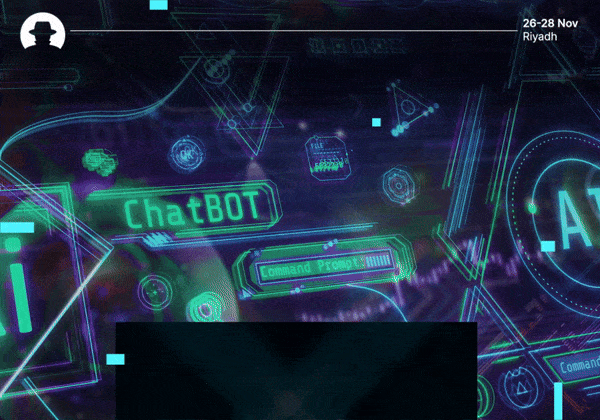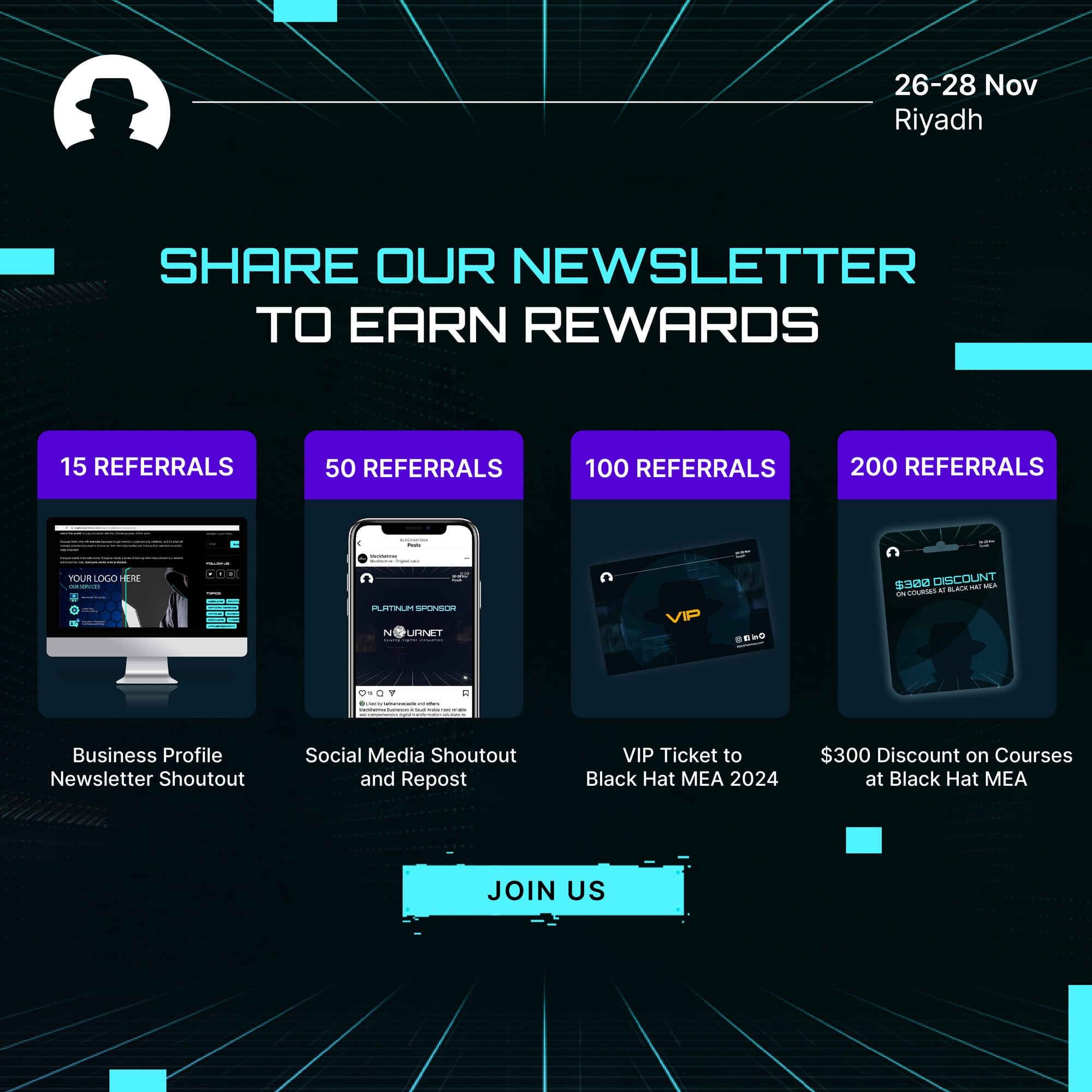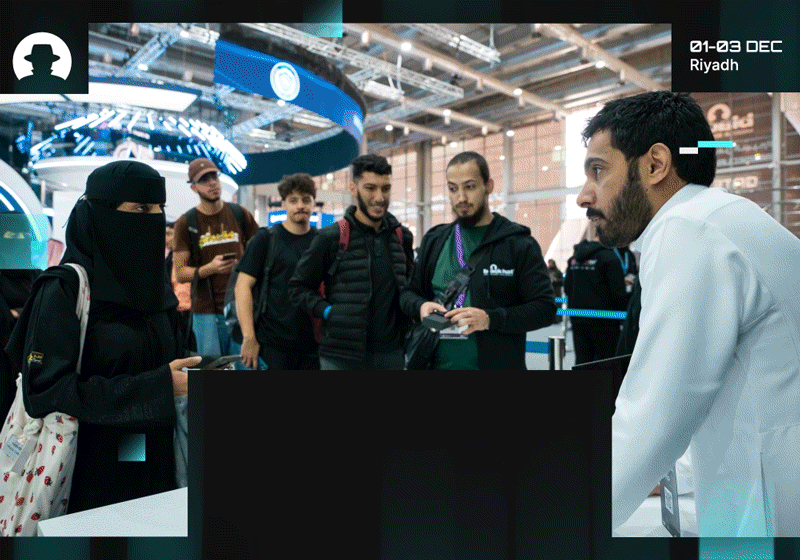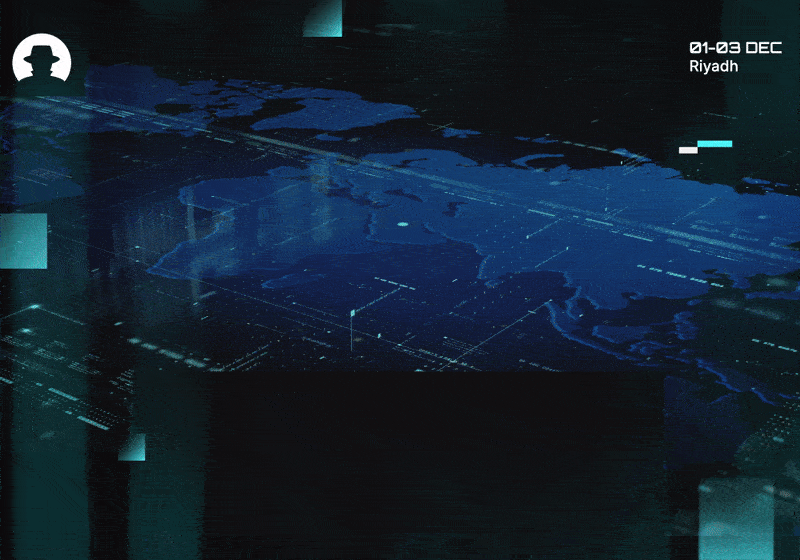
Attackers don’t need AGI
The largest international AI safety review has landed – and for cybersecurity teams, the message is that attackers don’t need AGI to cause serious damage
Read More
Welcome to the new 121 cyber warriors who joined us last week. Each week, we'll be sharing insights from the Black Hat MEA community. Read exclusive interviews with industry experts and key findings from the #BHMEA stages.
Keep up with our weekly newsletters on LinkedIn — subscribe here.
Get exclusive insights and interviews in your inbox every week – stay inspired and expand your knowledge.
Why NOW is the time to prepare for AI-powered attacks.
Because Informa Tech’s AI Summit and Black Hat USA shared with us a collaborative report entitled How Gen AI Is Revolutionising Threat Detection in Cybersecurity.
And we’ve been hard at work, pulling the most urgent points from that report to give you, the BHMEA community, a clear picture of developments in the relationship between AI and cybersecurity.
Attacks leveraging GenAI (and AI systems more broadly) are already rolling out across the threat landscape. It’s critical that cybersecurity leaders across industries prepare to defend against AI-powered threats; and reactive security isn’t enough.
A proactive, pre-emptive AI security strategy is essential.
In its State of AI Cybersecurity 2024 report, UK software firm Darktrace emphasised a worrying reality: with three in five (60%) of 1,800 security leaders and practitioners reporting that their organisations are ‘inadequately prepared to defend against AI-powered threats and attacks.’
In the same survey:
This really matters – and cybersecurity leaders must work to change this now. Importantly, we need to catalyse a cultural shift away from reactive security and towards proactive protections; and cybersecurity researchers and educators must drive new waves of AI-relevant security education and training to ensure that organisations and industries are not left behind.
Positively, there are strong signs that AI-powered threats are increasingly being taken into account in the development of cybersecurity solutions.
In particular, cybersecurity systems developers are incorporating AI capabilities into new products and services – to increase their ability to work against threats actors leveraging AI.
A study of GenAI in cybersecurity by Omdia found a steadily growing relationship between GenAI and cybersecurity – highlighting AI capabilities as a force for change, with the potential to fortify security against unprecedented challenges.
Of the 600 respondents, almost three quarters of the organisations surveyed by Omdia identified GenAI as an ‘invaluable asset in shoring up their security posture’, and plan to invest in the use of GenAI for cybersecurity within the next fiscal year.
Just over 21% already use GenAI regularly for cybersecurity purposes, and 68% are exploring the potential for GenAI to benefit them.
In its State of AI Cybersecurity Report, DarkTrace noted that 71% of organisations have taken valuable steps towards reducing AI risks; and 95% of cybersecurity professionals strongly agree or somewhat agree with the following statement:
“AI-powered security solutions significantly improve the speed and efficiency of my organisation’s ability to prevent, detect, respond to and recover from cyber-threats.”

The integration of AI into cybersecurity will rapidly change the sector, and drive new fields of cybersecurity research and development.
Organisations will have significantly enhanced abilities to detect and respond to threats with increased speed and accuracy – and repetitive tasks will be automated, freeing up valuable human time for more strategic tasks.
When we interviewed Black Hat MEA 2024 speaker Saeed Abu-Nimeh (Founder and CEO at SecLytics) for the blog, we asked him what one thing he’d tell all organisations to do right now, to upskill their teams and prepare for the future.
He said:
“They need to move from being reactive to being proactive. Waiting until they are hit with attacks then reacting does not help. They need to invest more in technologies, training and procedures that enable their security teams to become more proactive.”
Take his advice and deepen your understanding of AI in cybersecurity now.

Do you have an idea for a topic you'd like us to cover? We're eager to hear it! Drop us a message and share your thoughts. Our next newsletter is scheduled for 23 October 2024.
Catch you next week,
Steve Durning
Exhibition Director
Join us at Black Hat MEA 2024 to grow your network, expand your knowledge, and build your business.
Join the newsletter to receive the latest updates in your inbox.

The largest international AI safety review has landed – and for cybersecurity teams, the message is that attackers don’t need AGI to cause serious damage
Read More
Four exhibitors explain why Black Hat MEA is the region’s most important meeting point for cybersecurity buyers, partners, and talent.
Read More
Why Riyadh has become essential for cybersecurity practitioners – from government-backed momentum and diversity to global collaboration and rapid innovation at Black Hat MEA.
Read More